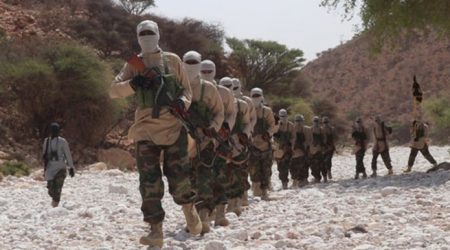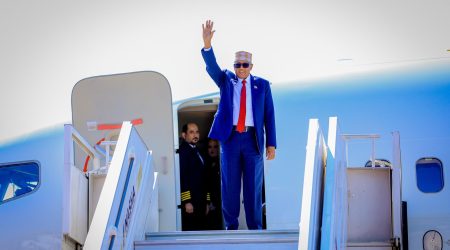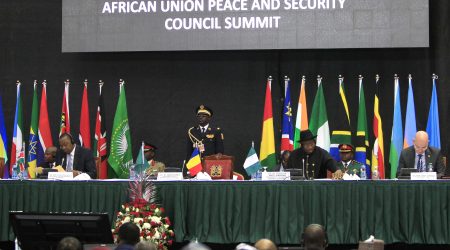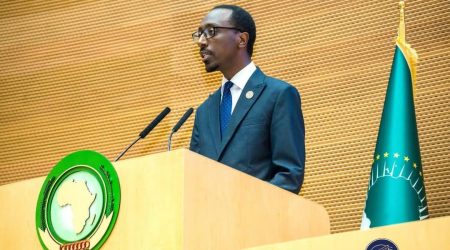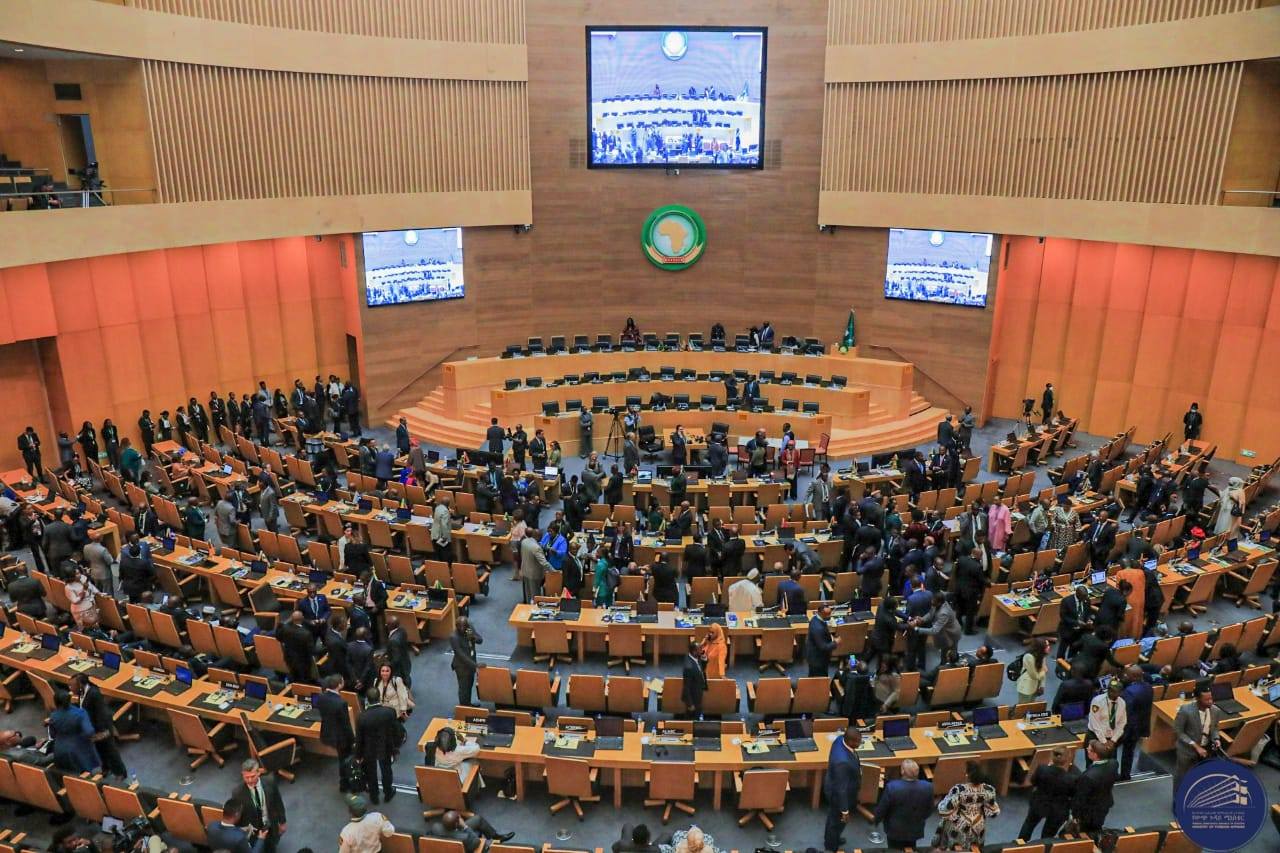
11
Feb
The African Union’s Role in Navigating West Africa’s Shifting Dynamics
The African Union faces a pivotal moment as three AES states prepare to exit ECOWAS, rejecting a proposed transition period. To prevent economic and political disruptions, both blocs must work toward a peaceful separation that ensures continued trade, open borders, and regional stability. Formal agreements will be crucial to maintaining access to seaports and roadways for the landlocked Sahel states and protecting citizens’ mobility.
Security in the Sahel remains dire, with AES countries severing ties with France in favor of Russia, which now supplies military support. Yet, violence continues to escalate, with 2023 marking the deadliest year in the region, nearly 14,000 fatalities, and millions displaced. While the AU has traditionally deferred to ECOWAS on West African conflicts, it could play a larger role in the Sahel by maintaining dialogue with AES governments, appointing a senior diplomat to its Bamako office, and ensuring regional integration efforts continue despite political shifts.
Beyond the Sahel, Cameroon faces mounting tensions ahead of its 2024 elections, particularly in the Anglophone regions. The AU should support election credibility, facilitate dialogue, and work toward a peaceful resolution of the crisis. In South Sudan, instability is worsening due to the ongoing war in Sudan. The AU must work with regional partners like Kenya and South Africa to bolster political stability, support elections, and secure humanitarian aid.
As political realignments and security crises unfold, the AU’s ability to balance diplomacy, mediation, and regional cooperation will be key to shaping stability in West Africa and beyond.




